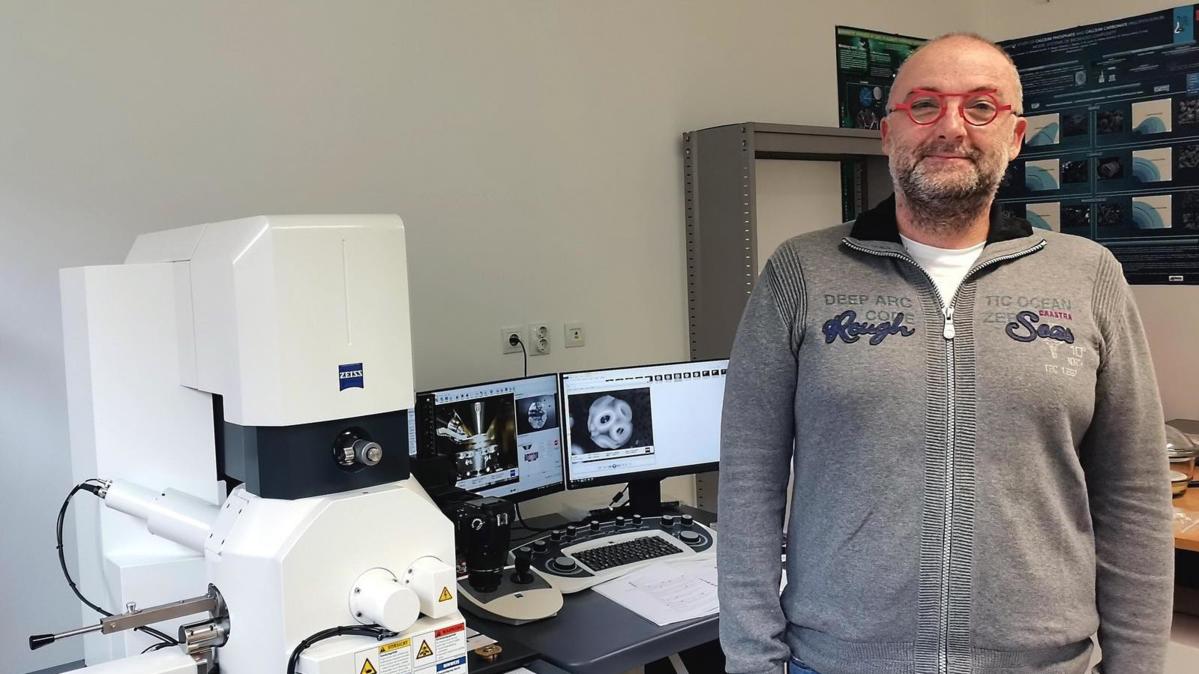Methane is known as the second-largest contributor to greenhouse gas emissions, right after carbon dioxide, and is primarily produced by single-celled organisms known as archaea. This revelation about methane brings to light the understudied significance of viruses in ecological, biogeochemical, and evolutionary processes on Earth, especially their connection to climate change.
Through meticulous analysis of nearly 1,000 metagenomic DNA datasets from varied habitats, from lake depths to the insides of a cow's stomach, scientists have discovered that these microbial viruses carry specialized genetic tools, known as auxiliary metabolic genes. "These genes allow viruses to affect how their microbial hosts process methane, potentially altering the overall balance of this greenhouse gas in our atmosphere," said Sandi Orlić, a leading author of the study.
A key focus of the research was Vrana Lake, a part of a protected natural reserve in Croatia, where researchers concentrated on methane-rich sediments. They discovered a diverse viral community targeting microbes involved in methane production and consumption. "In the methane-rich sediment of the lake, we found diverse viral communities and identified 13 types of auxiliary metabolic genes that help regulate the metabolism of their hosts. However, there is no evidence that these viruses directly encode methane metabolism genes, suggesting that the potential impact of viruses on the methane cycle varies depending on their habitat," explained Dr Sandi Orlić, one of the corresponding authors from the Ruđer Bošković Institute.
‘’This variation emphasizes the complexity of ecological systems and the importance of considering all biological actors, including viruses, in our efforts to understand and mitigate climate change," the scientists concluded, underscoring that this research is just the beginning of understanding the comprehensive impact of viruses on climate change.
Supported by notable organizations such as the National Science Foundation, the Croatian Science Foundation, and others, this collaborative effort involved scientists from across the globe, including Matthew B. Sullivan, Zhi-Ping Zhong and Jingjie Du from Ohio State University, Stephan Kostlbacher and Petra Pjevac from the University of Vienna, and Sandi Orlić from the Ruđer Bošković Institute.



